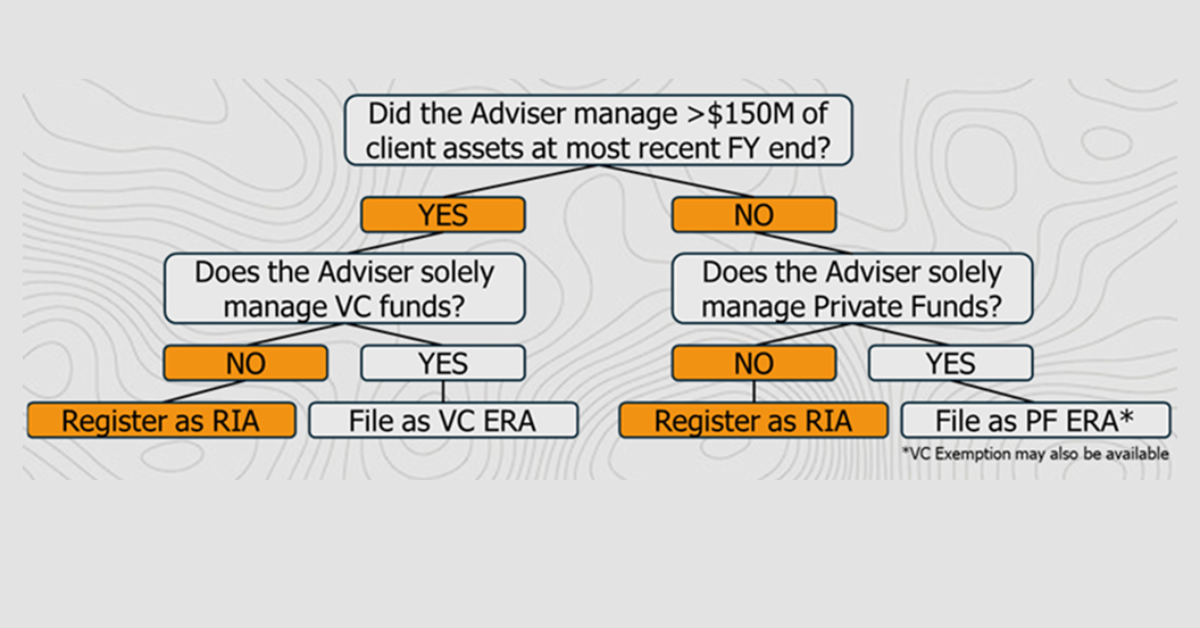Ought we really to be spending enforcement resources to ensure that radio personalities keep mum about their positive advisory experiences? After all, testimonials are extremely common for other products and services because people considering making a purchase or hiring a professional want to hear about the experiences of other people who have tried the product or worked with the professional. … I doubt I am alone in scouring reviews when I am looking to hire a professional. Modern reality begs us to ask whether shielding investors from hearing from other investors is still necessary.
– SEC Commissioner Hester M. Peirce Nov. 4, 2019 Speech
SEC Modernizes the Advertising and Cash Solicitation Rules
Rule 206(4)-1 (the “Advertising Rule”) and Rule 206(4)-3 (the “Cash Solicitation Rule”) under the Investment Advisers Act of 1940 (the “Advisers Act”) have not been substantially amended since 1961. The SEC recently adopted a modernized rule, the “Marketing Rule”, that merges and replaces the outdated Advertising and Cash Solicitation Rules. Recognizing the increasing use of electronic media, mobile communications, and the evolution of advertising and referral practices, the Marketing Rule replaces the broadly drawn limitations of the current rules with principles-based provisions. The Commission also adopted amendments to Rule 204-2 (the “Books and Records Rule”) and the Form ADV.
The amendments will be published on the Commission’s website and in the Federal Register and will be effective 60 days after publication. The Commission has adopted a compliance date that is 18 months after the effective date to give advisers a transition period to comply with the amendments. Additionally, the SEC will withdraw no-action letters and other guidance addressing the application of the Advertising and Cash Solicitation Rules.
The Marketing Rule
Below, we have summarized some of the key components of the new Marketing Rule:
- Updated definition of “advertisement” that includes two prongs.
- The first prong includes any direct or indirect communication to more than one person that: (i) offers investment advisory services with regard to securities to prospective clients or private fund investors or, (ii) offers new investment advisory services with regard to securities to current clients or investors.
- The second prong includes any endorsement or testimonial for which an adviser provides cash and non-cash compensation directly or indirectly (e.g., directed brokerage, awards, reduced advisory fees, etc.).
- General prohibitions of seven advertising practices considered fraudulent and/or misleading to investors.
- The new Marketing Rule prohibits, among other things, making untrue or misleading material statements of fact, omitting material information necessary to make a statement not misleading, including material facts that would be likely to cause an untrue or misleading implication or inference, and discussing potential benefits or performance in a manner that is not “fair and balanced.”
- Ability to present testimonials and endorsements subject to certain limitations and disclosure requirements.
- The adviser must clearly and prominently disclose whether the person giving the testimonial or endorsement (the “promoter”) is a client and whether the promoter is compensated.
- Solicitation requirements to promote oversight of solicitation activities.
- Solicitors and advisers are required to enter into a written agreement; but, under certain conditions solicitors receiving de minimis compensation or affiliates of the adviser are exempt from the written agreement requirement.
- Solicitors are also required to disclose material conflicts of interest resulting from the adviser’s relationship with the solicitor and the compensation arrangement at the time of the solicitation.
- The final rule eliminates the requirement that the adviser obtain acknowledgement from each investor of receipt of the disclosure, and the requirement that the solicitor agree to deliver the adviser’s Form ADV brochure.
- Performance information requirements that generally specify the conditions for performance advertising.
- Net performance must be prominently presented alongside gross performance.
- Performance results must be provided for specified time periods of one, five, or ten years.
- Performance of a particular portfolio must be presented alongside all other portfolios the adviser manages with substantially similar investment policies, objectives, and strategies.
- Presentation of the performance of a subset of investments from a portfolio must offer to promptly provide the performance results of the entire portfolio.
- Advisers must adopt policies and procedures to ensure that hypothetical performance is relevant to the intended audience and provide certain underlying information.
- Advisers must be appropriately similar to predecessors with regard to personnel and accounts to advertise the performance of their predecessors.
About HighCamp Compliance
HighCamp Compliance is a premier, boutique compliance consulting and outsourcing firm helmed by former SEC examiners, CCOs, and proven consulting professionals. HighCamp specializes in regulatory compliance and operational support for SEC-registered alternative and institutional investment managers. The team includes specialists in private equity, real estate, and hedge funds.




